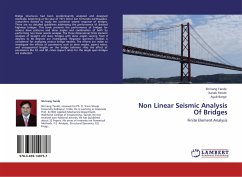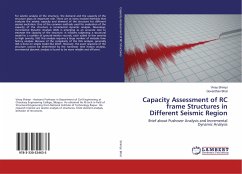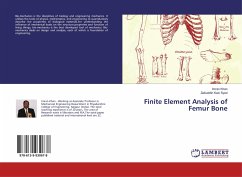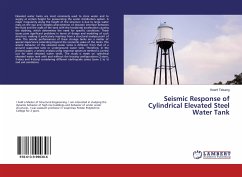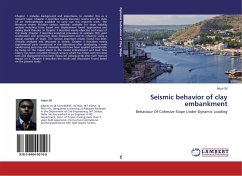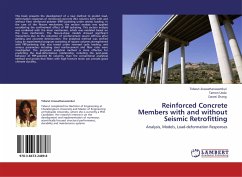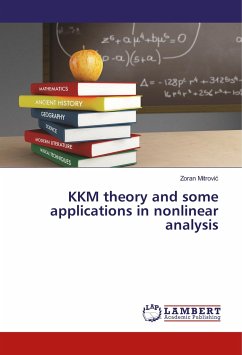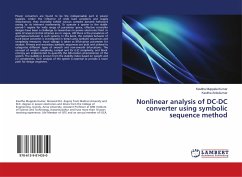Bridge structures had been predominantly analyzed and designed elastically, beginning at the year of 1971 (Since San Fernando earthquake), researchers started to study the nonlinear seismic response of bridges. There are no detailed guidelines addressing the performance of skewed highway bridges. This book presents the performance of bridges for various skew patterns and skew angles and combination of both by performing non linear seismic analysis. The three dimensional finite element analyses of straight and skew bridges with skew angles varying from 0 degrees to 60 degrees are investigated. Response spectrum analysis is considered for analyzing various bridge models. The efforts are made to investigate the effects of parameters such as skew angles, aspect ratios, and unsupported lengths on the bridge behavior. Also the effect of parameters like S/L and B/L ratios (aspect ratio) for the single span bridges are evaluated.
Bitte wählen Sie Ihr Anliegen aus.
Rechnungen
Retourenschein anfordern
Bestellstatus
Storno

